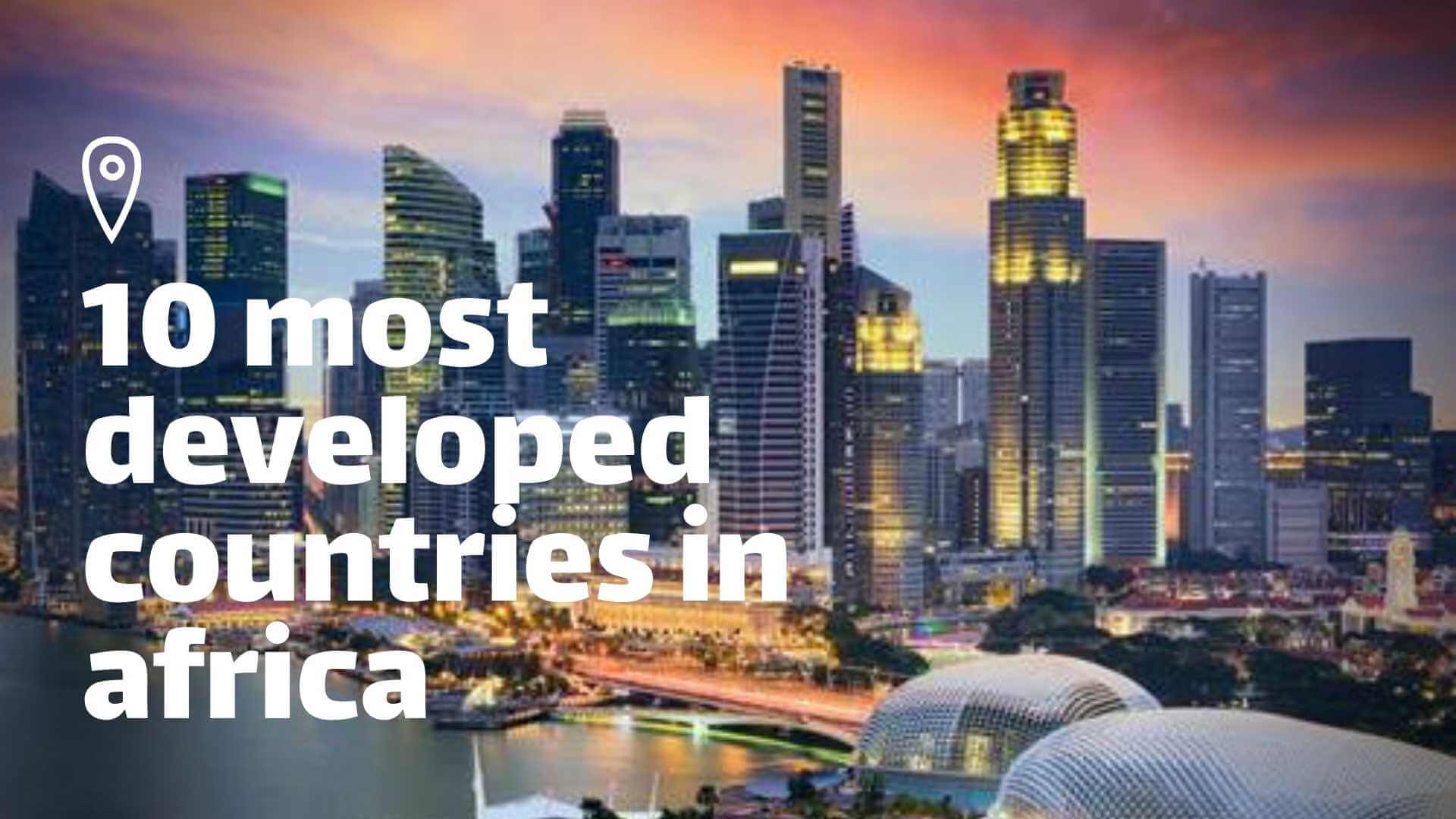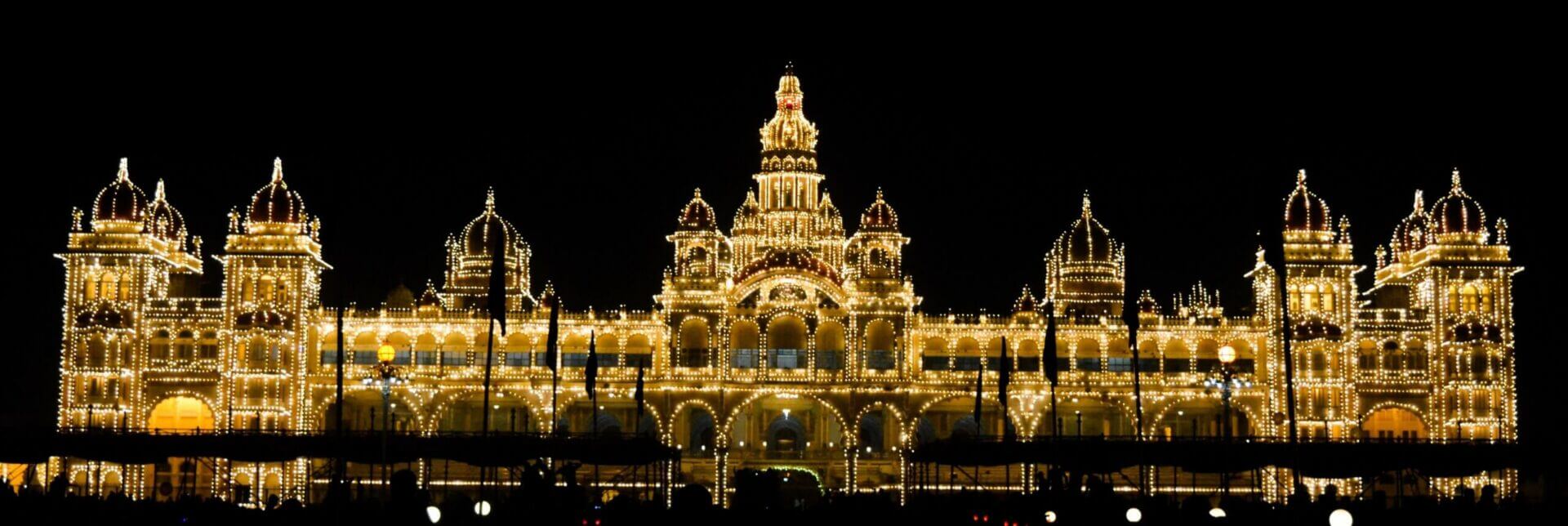According to the United Nations development program’s latest report, published in 2019, the most developing countries of Africa are remarkable. It is measured using a key factor-the human development index. The report represents the countries rated according to life expectancy and health, economic growth, living standards, and education.
So here are the top 10 developed countries in Africa based on the Human Development Index:
[adinserter block=”6″]
1.SEYCHELLES
Seychelles is an archipelagic island country in the Indian Ocean at the Somali Sea’s eastern edge. It has approximately 97,096 inhabitants (2018); the country drives most of its financial growth through the tourism industry. This is the main reason for the gradual move of the country’s position towards the upper-middle-income group. One of the main challenges for Seychelles is to not depend on the tourism industry entirely. Attracting other investors in other business sectors can reduce their tourism dependency.
[adinserter block=”3″]
2.MAURITIUS
Mauritius gained its independence in 1968, after that Mauritius efficiently managed to improve and stabilize its economy. They have approximately 1.3 million multicultural inhabitants, and the country is one of the most propitious countries in Africa. The key challenge of Mauritius is to reduce their income inequality, which has been hiking with economical growth.
[adinserter block=”1″]
3.ALGERIA
Algeria is one of the major countries in the MENA region and the country achieved remarkable praise through reducing poverty by 20% within the past two decades. The positive economic growth of the country helped in the development and contributed to socio-economic fields. But on the downside, depressed oil prices caused a rapid decline in Algeria’s currency reserves.
[adinserter block=”7″]
Top 10 Giant Indian Information Technology (IT) Companies
Top 10 High-Speed Plane in the World
Top 10 Most costliest Horse Breeds
4.TUNISIA
Tunisia is a country in Africa with a relatively troubled past. However, Tunisia is evolving into a relatively stable economy. The country is recovering from the worst years and growing with steady momentum. Tunisia’s economy is broadly under the spectrum of the tourism industry. Although there are agricultural, electrical, and mechanical exports too. We all know how poverty always remained as a major roadblock for the North African country’s development. Certain regions are having up to 30.8 percent of the population living below the poverty line.
[adinserter block=”4″]
5.BOTSWANA
Botswana became an independent country in 1966 – at that time, it was one of the poorest countries of Africa. However, it quickly gained success and became an example of development in the world. Botswana has an average of 5% growth per annum over the past few years. The economy is mainly mining, construction, and the service sector dependent. One of the major problems of the country is to deal with its poverty, which also causes due to high unemployment.
[adinserter block=”13″]
6.LIBYA
In the coming decades, Libya could become a very big name in oil exports from the African continent. No doubt the political arrangements of this country improved the country’s development considerably over a short period. With the steadying growth, inflation is most likely to slow down. Over the past few years, a good number of Libyan households went below the poverty level due to cumulative inflation, and many of them lost almost 80 percent of their purchasing power.
[adinserter block=”5″]
7.GABON
Gabon is the fifth-largest oil producer in the African continent. It has one of the highest urbanization rates compared to other African countries. The upper-middle-income had a strong development over the past few decades, and it was mainly based on its production of oil and manganese. Over the past years, the oil sector held about 45% of the country’s GDP and 60% of financial revenue on average. With the declining oil reserves the country might face socio-economic downfall, but Gabon is looking for other sectors of expansion. the private sector investments are encouraged as the country looks forward to reducing their dependency on the oil sector.
[adinserter block=”8″]
8.SOUTH AFRICA
South Africa is one of the major countries on the African continent with a highly developed economy and advanced infrastructure. It is one of the world’s largest producers and exporters of gold and platinum, the country is constantly developing its financial, social, legal, energy, and transports fields. As South Africa has one of the highest inequality rates in the world, the economical growth curve is flattened a bit, which could also lead to a heavy decline.
[adinserter block=”9″]
Top 10 Most Expensive House in the World
Top 10 most handsome cricketers in the world 2021
Top 10 Best Wedding Magazines in India
9.EGYPT
Since late 2013, Egypt is a constantly improving country with its economic activities. Amendments and new reformed adaptation seem to be a breakthrough for them as the country has a GDP growth of 5.3%. The export of goods and services, improvement in foreign exchange reserves, and the dynamic tourism sector contributed to immense socio-economic development in Egypt. In the coming years, we can tell if the government could cut down the unemployment rate and successfully improve the weak health care system of the country.
[adinserter block=”10″]
10.MOROCCO
Morocco’s economy is solid and multidimensional. The country has been through some exceptional growth in various industries over the past decade. Although in recent years the country is going through an economic slowdown; but this did not prevent them from encouraging some massive developments. Currently, Morocco is focusing on the improvement of its high-value-added industries that also brought about a strong recovery on the European market. The main challenge for the country remains to boost the private sector to an extent so that job creation for the younger generation becomes easy.
[adinserter block=”11″]
[adinserter block=”12″]
[adinserter block=”13″]











